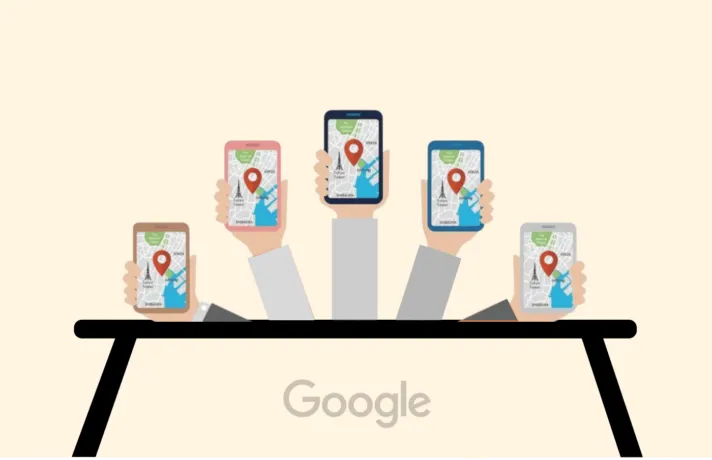Google has made the lawsuits headline again as the Tech Giant has agreed to pay $29.5 million in two tracking lawsuits brought by the states of D.C. and Indiana. This lawsuit resulted from Google’s deceptive app tracking and location practices.
These tracking lawsuit settlements are not the first for Google. In November 2022, forty (40) states in the United States of America got $391.5 million in lawsuit settlements over the same allegations made by the states of D.C. and Indiana. Presently, similar location-tracking lawsuits are filed by the states of Washington and Texas.
This guide sheds light on the origin story behind Google’s Lawsuit allegations and how this California-based tech giant is settling these lawsuits and providing further actions.
How Google’s lawsuit started
Google is a California-based tech company that is the biggest search engine providing its users with quick and reliable answers to specific questions and queries. We all know that.
In 2018, there was an increase in interest in data privacy. As a result, tech companies resorted to allowing users to switch off their Web and App tracking as they surf the internet.
Google provided a similar feature called Location History, which enabled users to switch off their location data. Hence, Google no longer tracks them or shares their data. However, it was revealed that Google continued to track users’ activities on mobile platforms, iOS, and Android, despite users turning off their Location History.
This deceptive tracking feature was discovered through a Google setting called Web And App Activity. This setting recorded users’ searches and activity in their Google Accounts despite opting to turn off their location. Perhaps, that’s why many people keep removing Google search history. As such, several states alleged Google violated users’ privacy and shared their information without prior knowledge or proper consent.
Google to pay Indiana $20 Million and D.C. $9.5 Million in Lawsuit Settlement
The Indiana State Attorney General, Todd Rokita, filed a separate lawsuit against Google as the negotiations between forty states’ attorneys general and Google Inc. were stalling. Despite the coalition settling to a $391.5 million with the tech Giant, Rokit’s Office filed for a $20 million Lawsuit Settlement.
In a press release by Todd Rokita, he explained that the lawsuit alleged Google of using user data to build detailed profiles and personalized ads to Indiana users. Rokita further asserted that user location data could expose persons’ identities and interfere with their personal lives.
D.C.’s Attorney General, Karl A. Racine, released a statement alleging Google of using “dark patterns” to trick users and gain access to their location data. He further stated that the lawsuit was made because Google made it nearly impossible for users to stop their location from being tracked.
However, Racine’s office has reached a settlement agreement with Google, requiring the tech Giant to pay $9.5 million. Racine further urges Google to make clear to its users how their location data is collected and used.
Google’s statements and further actions
The California-based tech company believed that these recent lawsuits from the coalition of states to that of Indiana and D.C. are based on “outdated product policies.” Further, Google has rolled out several privacy and transparency features, ensuring users automatically delete location data linked to their Google accounts.
To ensure users understand and fully control their Web and App Activity, Google will launch an information hub. Further, the company will launch a new combined toggle that would turn off both Web & App Activity and Location History and delete past location data at once.
Google admitted to no wrongdoing in its lawsuit settlement with the states of Indiana and D.C. Still; the tech company is told to refrain from sharing user location and information with other third-party advertising brands without proper consent from users.
Also, the states urge google to display a webpage that discloses user location data types and sources. They also require that the tech company automatically delete location data derived from users’ devices and IP addresses within 30 days of obtaining such data.
Final word
The Lawsuit charges against Google showed the importance of seeking user permissions when tracking their location data. Unfortunately, Google has learned the hard way. Other tech companies should actively seek users’ consent before sharing their private data with third-party advertising brands.
Found this information insightful? PrivacySavvy will continue to update you with up-to-date information on data privacy.

